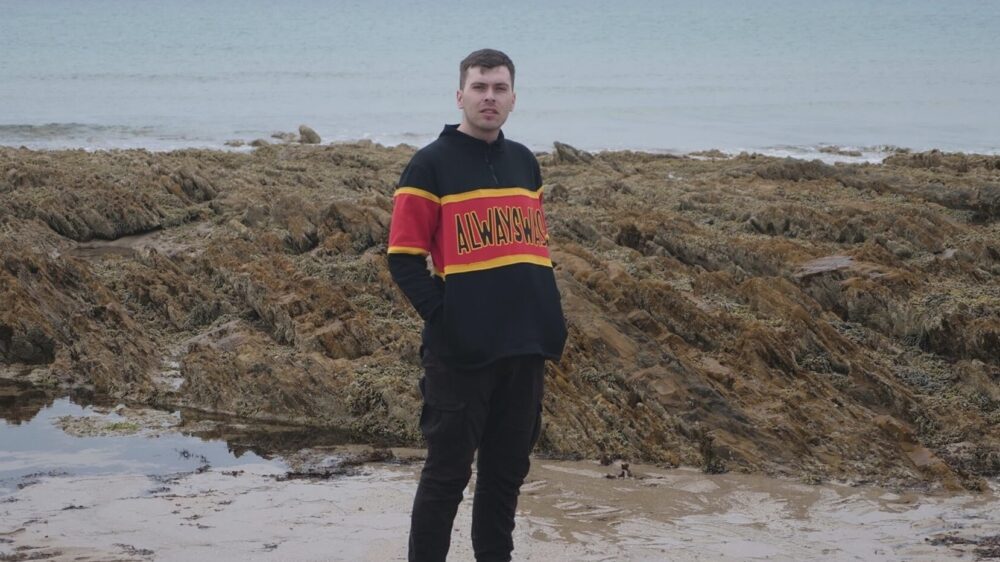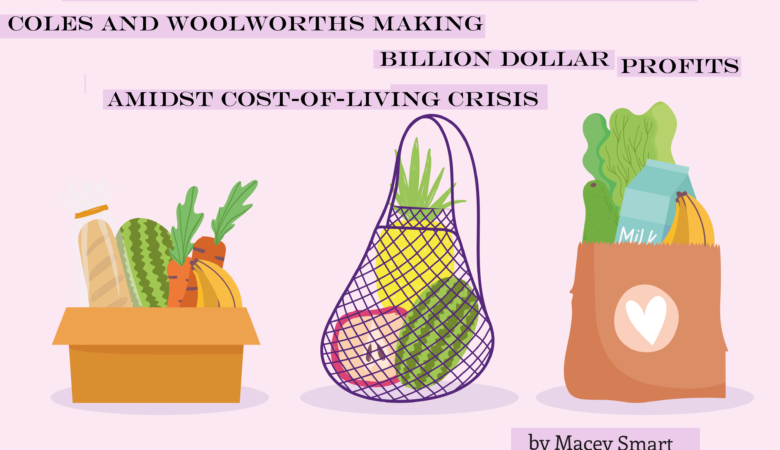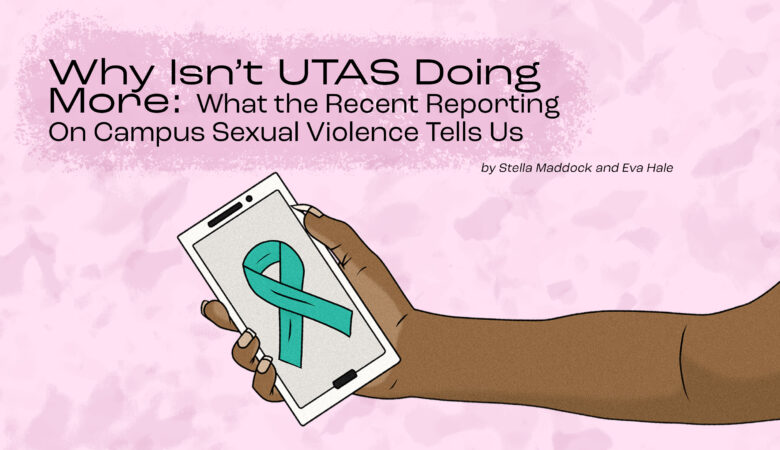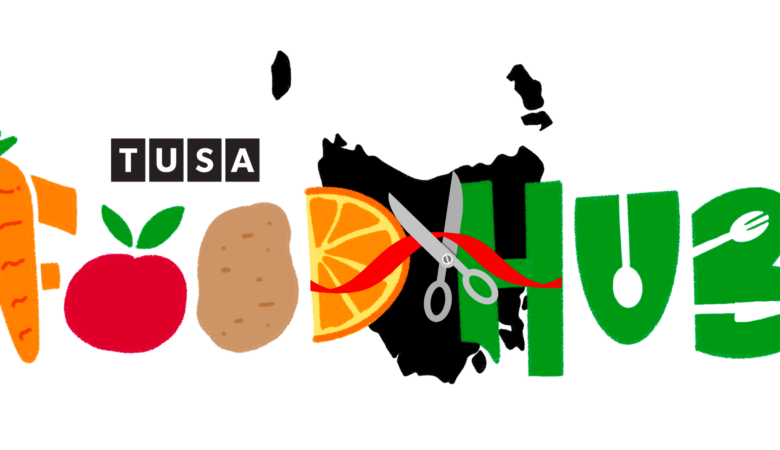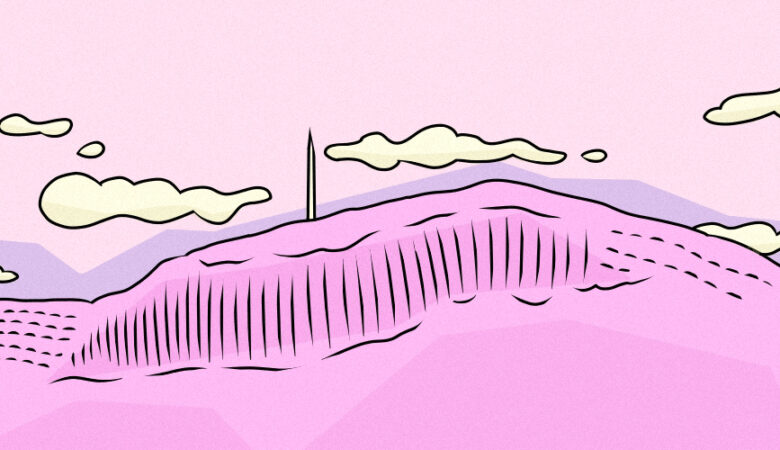Caleb Nichols-Mansell is the young Pakana artist and activist behind the growing First Nations social enterprise art business, Blackspace Creative. Officially launched in September 2021, Blackspace Creative features authentic and often one of a kind Aboriginal made jewellery, homewares, apparel and art. The collective aims to build the profile of Aboriginal artists by supporting their artistic development and providing an avenue in which they can show and sell their artwork through digital and physical methods.
Blackspace has also been an important venture in connecting with culture, language and country. Nichols-Mansell says that “from grassroots activism through to commercial endeavours, our community has always taken control of our future”. He believes that Blackspace fits into this self-determination through its arts and culture aspects. Indigenous Australians are the longest surviving culture in the world and through sharing their work with Indigenous and Non-Indigenous audiences alike, Nichols-Mansell says, “we celebrate them”. He points to thriving Tasmanian Aboriginal owned and operated businesses like the Wukalina Walk, Takara Nipaluna Tours, Palawa Kipli catering and the prevelance of NITA Education officers in Tasmanian schools as further examples of the community’s commitment to not only Indigenous futures, but Indigenous excellence.
Outside of Blackspace Creative, Nichols-Mansell primarily works as a graphic designer and as an advocate for Indigenous and LGBTQ+ people. For him, being an artist and an activist seem almost inextricably linked, “I believe in art being a mechanism for social change and influence and I hope that comes through in the work I create and the knowledges I share… As a Tasmanian Aboriginal artist, I represent and connect with a long line of creatives, story tellers, writers, singers, dancers, and performers.” He acknowledges that “for a millennia we have created art as a way of sharing knowledge which in turn has sustained our connections to country, culture, and community. These connections are integral to who I am as an individual and an artist, they underpin my creative process”.
He has also worked closely alongside the Indigenous Brotherboy and Sistergirl communities since 2014, volunteering for the Aboriginal Nations Torres Strait Islander HIV Youth Mob which advocates for better education and conditions around bloodborne diseases in remote Aboriginal communities. Historical records show that our Aboriginal brothers and sisters have a long history of LGBTQ+ advocacy in so called “Australia”, often times before it was commonplace in liberal politics. Nichols-Mansell theorises that “historically we have always aligned with these minorities and sub-sections of society because we know what it feels to be discriminated against, isolated, ostracised, made to feel different and excluded”. He says that there are a lot of mob who need to navigate the intersections of identity when they identify as part of the LGBTQ+ or gender diverse communities. “We know that historically these roles and classifications existed within our cultures because we have the Sistergirl and Brotherboy communities who took up and embodied roles of the opposite sex. They were considered special and admired by members of their community. It is only western concepts and societal structures that have broken these roles down and demonised them through the introduction of religion and destruction of cultural practices and knowledge systems.” In light of the recently postponed Religious Discrimination Bill which echoes more policies of hatred against the LGBTQ+ community broadly, and to a plethora of government legislation which denigrates Indigenous life experiences outside of western binaries more specifically, he hopes LGBTQ+ Indigenous Australian’s can “retain our sovereignty, culture, and connections.”
Blackspace is both a business and social enterprise which actively “seeks to educate and deepen the knowledge of the broader community” so that they can “understand and more deeply appreciate the art and cultural practices of the Tasmanian Aboriginal community which have been sustained since time began”.
Nichols-Mansell encourages anyone wanting to get involved to “share our social media pages and posts, tell their friends and family about our website and creatives, and take the time to learn about why we (Blackspace and our artists) do what we do”, to “support blak communities, organisations, businesses, content creators, educators, entrepreneurs, academics, and artists by investing your time, energy, and finances.”

